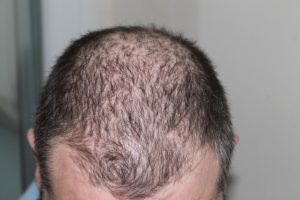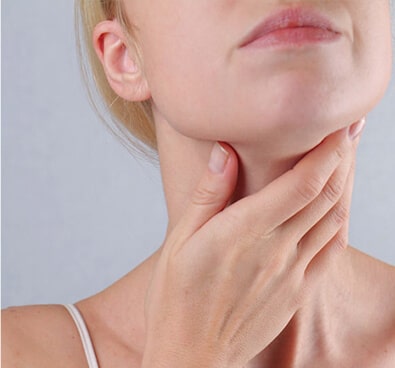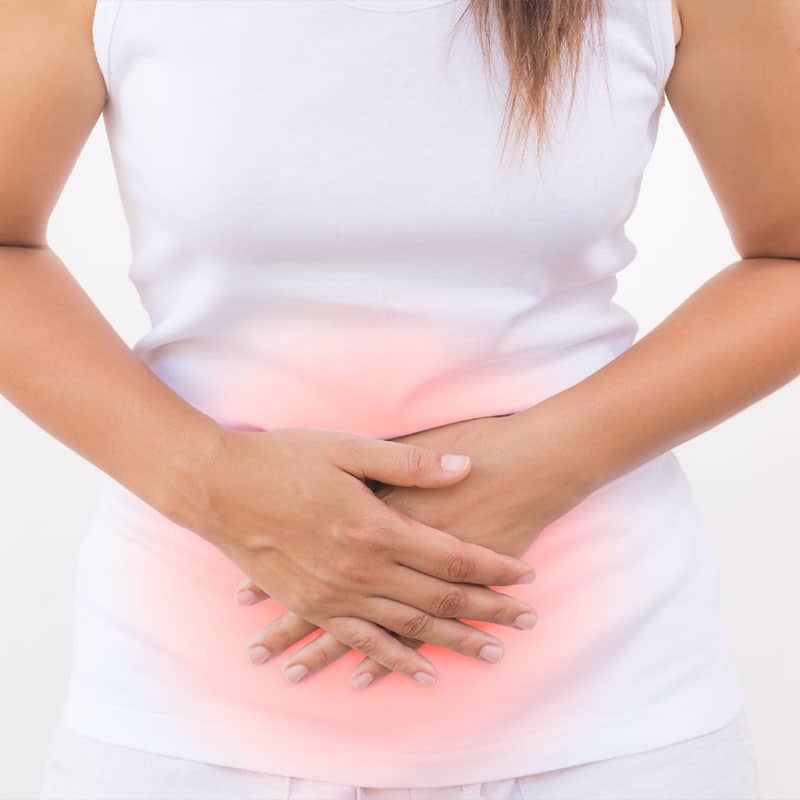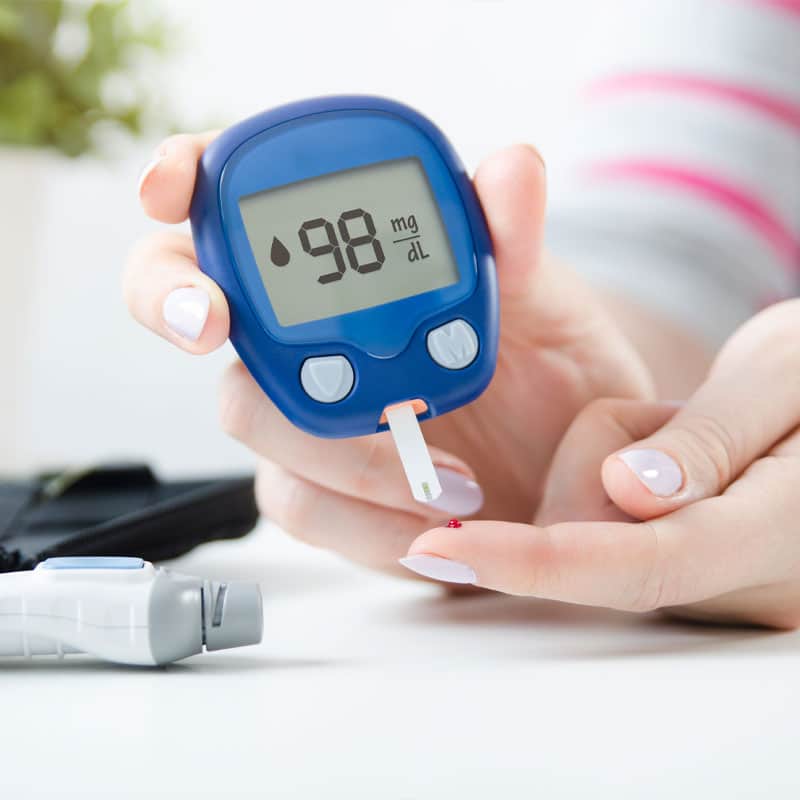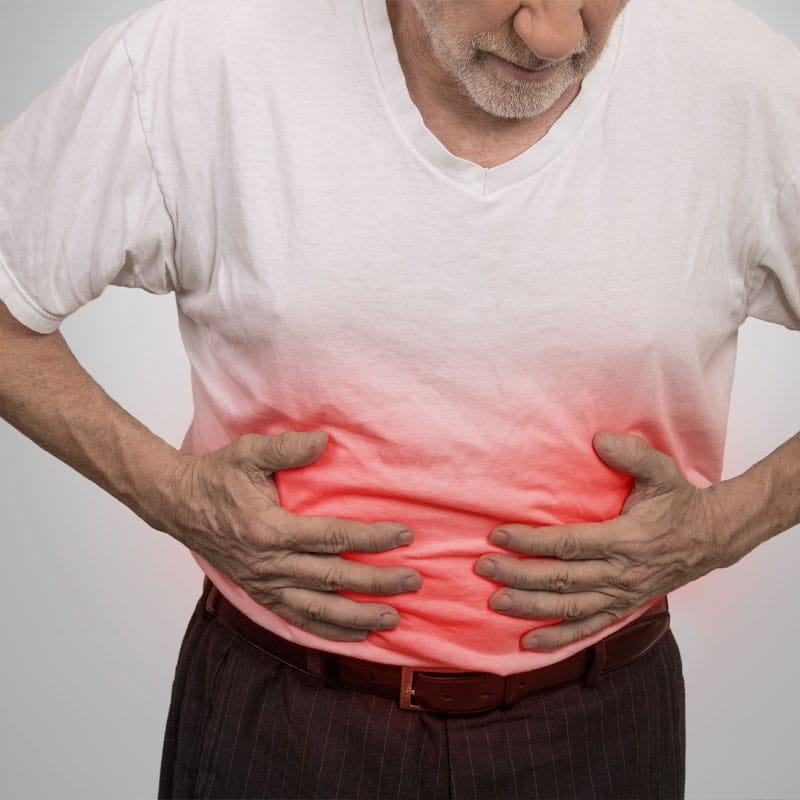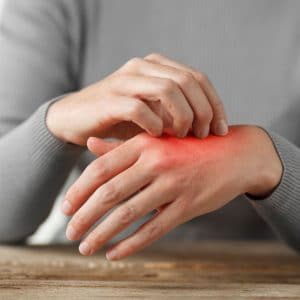Crohn’s disease is an inflammatory bowel disease that is most commonly seen in patients between 20 and 40 years of age. It affects approximately three million U.S. adults, with that number increasing each year. As gastrointestinal disorders go, Crohn’s disease is one of the worst. Currently, there’s no known cure for Crohn’s disease and no single treatment for everyone. However, a functional medicine approach can help prevent the progression of the disease.
Some of those factors include genetics, altered gut microbiomes, environmental exposures, and leaky gut. Many people with Crohn’s feel hopeless, but with a functional medicine approach, there’s so much more that can be done. There are steps you can take to improve your digestion and see improvements in your symptoms, keep reading to learn more.
What is Crohn’s Disease?

Similar to Ulcerative Colitis, Crohn’s disease is an inflammatory bowel disease. But unlike Ulcerative Colitis, it can affect any part of the gastrointestinal tract and affects all layers of the bowel wall.
Imbalances due to outside factors like stress, environmental toxins, and more can trigger the immune response to create excess inflammation in the digestive tract. Inflammation is one of the body’s natural ways of protecting itself, but when there is too much inflammation, it can cause extensive damage.
This results in painful ulceration, swelling, and scarring of the intestines. While Crohn’s can appear anywhere in the GI tract, it is usually found in the large and small intestines.
What Are the Symptoms of Crohn’s Disease?
Crohn’s disease is usually chronic with flare-ups of worsening degrees in between less symptomatic periods. Each flare-up may cause increasing damage to your gastrointestinal tract. There are a variety of gastrointestinal symptoms, such as:
- Frequent abdominal cramping
- Bloating
- Diarrhea
- Fever
- Vomiting
- Bloody stool
- Loss of appetite
In addition to the GI symptoms, you may experience symptoms of malabsorption. The surface projections that help absorb nutrients are also damaged in Crohn’s disease, meaning your body won’t absorb nutrients as well from the food you eat. Here are symptoms you may experience:
- Weight loss
- Nutrient deficiencies
- Brittle nails
- Hair loss
- Fatigue
- Depression
In severe cases of Crohn’s disease, you may experience perianal fistulas, bowel perforations, and a distended abdomen.
Causes of Crohn’s Disease
Crohn’s disease greatly affects the quality of life of the individual. When the gut isn’t functioning properly, the whole body suffers. The symptoms can be so severe that every day is painful and filled with uncertainty. Worse, the exact cause of Crohn’s disease is not fully understood.
What researchers do know is that there is an interplay between genetics, environment, and altered gut bacteria that leads to a dysregulated immune response and inflammation that damages the gastrointestinal tract.
For example, 8-12% of Crohn’s patients have a family member with IBD, too.
Environmental risk factors for Crohn’s include smoking, infections, heavy metals, mold, endocrine disruptors, and dietary factors that trigger an imbalanced immune response. Certain medications like antibiotics and oral contraceptives may also contribute.
Not to mention, the gut microbiome is a huge factor in the development of Crohn’s. Patients have an imbalanced gut bacteria characterized by decreased Bacteroides and Firmicutes bacteria and increased Gammaproteobacteria, Actinobacteria, and invasive Escherichia coli. Additionally, the overgrowth of candida in the GI tract weakens the lining of your intestines leading to increased gut permeability (leaky gut syndrome). Studies show that this is also associated with Crohn’s disease.
Finally, dietary factors alter your risk for Crohn’s by impacting your gut microbiome, intestinal barrier, and immune system.
What’s the Difference Between IBS and IBD?
You may have heard of IBS or irritable bowel syndrome. Do not mistake IBS for irritable bowel disease. Crohn’s disease is an irritable bowel disease. While similar to IBS, it is not the same thing.
IBS has symptoms that you may also experience with Crohn’s but does not cause inflammation to the intestines. Symptoms of IBS include constipation, loose stool, gas, bloating, bowel urgency, and nausea. In addition, IBS usually does not cause ulcers or lesions in the bowel, and it involves only the colon.
Functional Medicine Tests for Crohn’s Disease
The functional medicine approach to Crohn’s disease starts with testing. Traditionally, diagnosis is based on symptoms and confirmed by changes in the intestines via an endoscopy biopsy. A functional medicine approach is more comprehensive. You will receive tests that assess the extent of inflammation in the intestines and the rest of the body. You will also be tested for nutrient deficiencies, anemia, and infections to help identify underlying factors that could be contributing to your disease.
Here are a few possible functional medicine tests for this disease:
- CICA – this is the Celiac, IBS, and Crohn’s Assay. It measures genetic risk markers and antibodies directed against yeast in the gut, which is an indicator of the presence and severity of Crohn’s.
- Calprotectin – Fecal calprotectin is a marker of mucosal inflammation in IBD and is used to monitor disease activity.
- Comprehensive Stool Test – The GI-MAP assesses relative amounts of healthy and unbalanced gut bacteria, inflammation and leaky gut markers, parasites, and yeast overgrowth.
- Micronutrient Testing – Crohn’s disease often causes nutrient deficiencies that result in immune system dysfunction and impaired healing. Nutrients you may be deficient in with Crohn’s include iron, vitamin B12, folate, vitamin D, magnesium, and others. A micronutrient panel can help you target any deficiencies.
Functional Medicine Protocol for Crohn’s Disease
You may wonder can Crohn’s disease be managed without medications? A functional medicine approach addresses underlying factors that contribute to the disease. The goal of functional medicine is to balance the immune system, calm inflammation, and prevent the progression of the disease. Here are a few ways that goal is achieved.
- Nutrition

The best diet for someone with Crohn’s disease is one that avoids poor-quality, animal-derived fats, grain-fed animal protein, gluten, processed foods, and emulsifiers. Your diet has a huge impact on the environment of your gut microbiome and impacts microbial composition, function, and immunity. In fact, the composition of gut microbiota can change in response to your diet.
- Microbiome Support
A properly balanced gut microbiome is critical for preventing the progression of Crohn’s disease. A diet rich in probiotic foods like miso, kimchi, and sauerkraut along with prebiotic-rich foods like leeks, artichokes, garlic, and beans will help nourish healthy bacteria. Probiotic supplements like Lactobacillus and Bifidobacterium can also help with this condition.
- Stress Management
Stress increases cortisol and results in inflammation in the gut due to the gut-brain axis. Stress management techniques like mediation, breathwork, and addressing emotions and trauma can help reduce this type of inflammation.
- Exercise
As simple as it may be, exercise decreases the expression of inflammatory substances and encourages the repair of the damaged intestines.
Can Crohn’s Disease be Cured?
If you do a simple Google search you’re sure to discover that there is currently no cure for Crohn’s disease. However, that does not mean you have to continue to live in perpetual pain and emotional discomfort. The functional medicine approach to Crohn’s disease provides an effective course of action for symptom management. You can improve your quality of life as well as stop disease progression in its tracks.
A natural treatment for Crohn’s seeks to empower patients with long-term treatment options that do not make them dependent on a medical provider or service. With holistic lifestyle changes, you can have greater control over your day-to-day life.
Contact us today to learn more about the functional medicine approach to Crohn’s disease and other digestive disorders.

